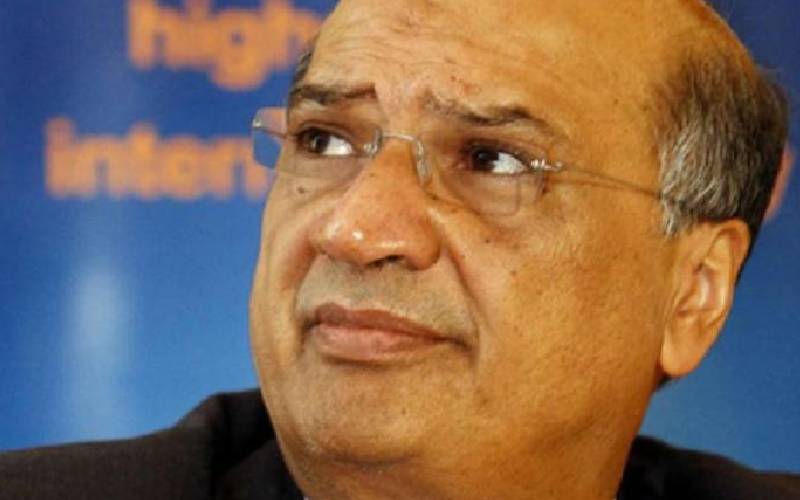×
The Standard e-Paper
Stay Informed, Even Offline

The late Billionaire businessman Naushad Merali. [Courtesy]
Naushad Merali, the billionaire businessman who died last July, wanted to have his cake and eat it too. And he succeeded.







